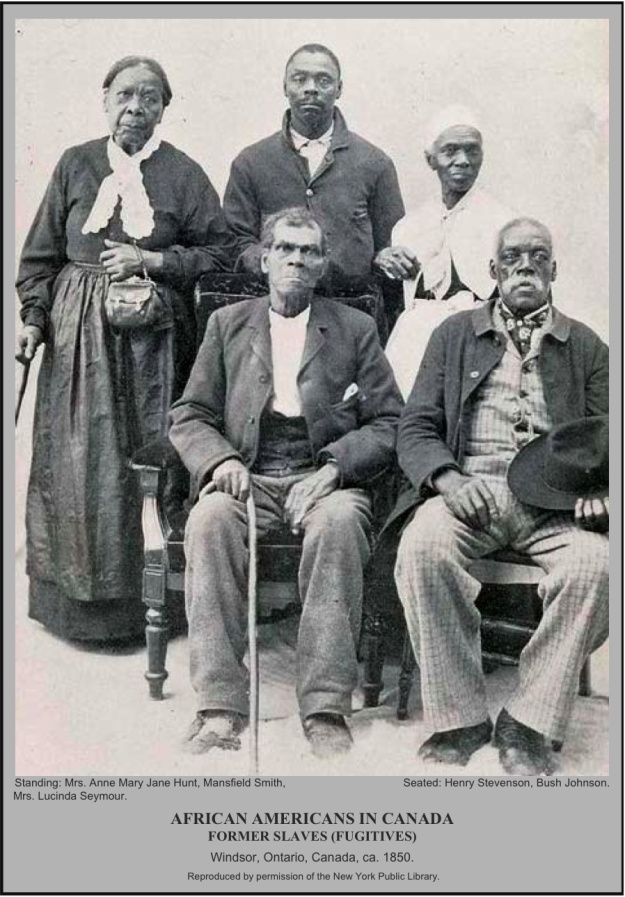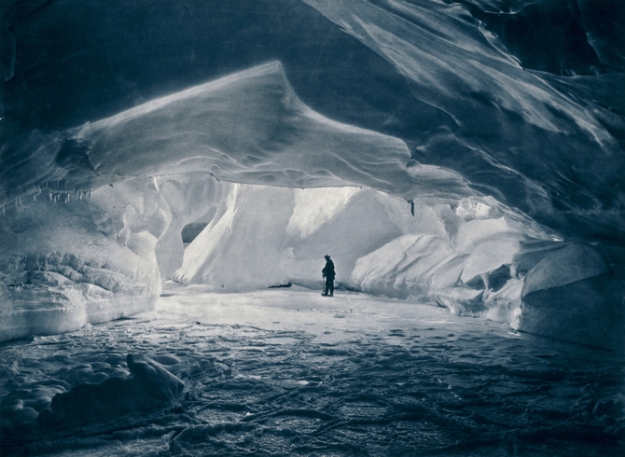adventure, n.
Pronunciation:
Brit. /ədˈvɛn(t)ʃə/ , U.S. /ədˈvɛn(t)ʃər/
Etymology: < Anglo-Norman aventur, aventour, Anglo-Norman and Old French, Middle French aventure, also (with remodelling after the Latin etymon) adventure (French aventure ) destiny, fate (11th cent.), chance event, accident (end of the 11th cent.), chance, fortune, luck (beginning of the 12th cent.), adventurous activity, especially as undertaken by knights (late 12th cent.), risk, peril (c1170), military expedition (15th cent.), in Anglo-Norman also marvel, wonder (last quarter of the 12th cent.), mishap, misfortune (late 12th cent.; end of the 13th cent. or earlier in specific sense ‘death of a person by accident’ (compare misadventure n. 2)) < an unattested post-classical Latin form *adventura , use as noun (reinterpreted as feminine singular) of classical Latin adventūra , neuter plural of future participle of advenīre to happen (see advene v.); compare post-classical Latin adventura (also aventura ) casual profit, lost or wrecked goods, jousting (from 13th cent. in British and continental sources), risk (in trading) (from 13th cent. in British sources), accidental death (from 14th cent. in British sources), which shows a later formation modelled on the forms in various vernacular languages.
Continue reading →



